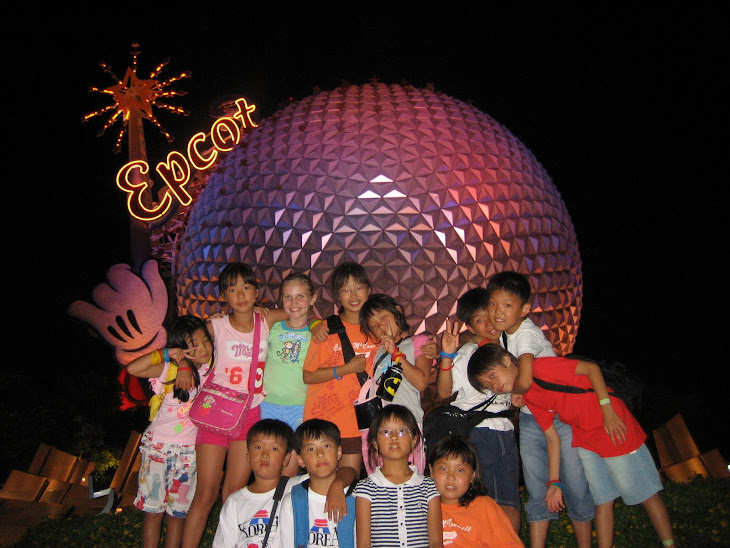 Camp translates well for Koreans
Camp translates well for Koreans
By Callie White - Daily World Writer
Wednesday, August 1, 2007 10:59 AM PDT When seven kids from Korea got their first taste of the YMCA’s Camp Bishop, they were overwhelmed by the rambunctiousness of the other campers and a bit alarmed at all the noise being instigated by the camp counselors.
“They all were homesick,” said John Jugenheimer, the Korean kids’ adviser and teacher at the American Home School in Pusan. “They were all begging, ‘Please, don’t make us stay a second week.’ ”
Doubtless, there was a shortage of kimchee, too.
But then they got to be pulled on an inner tube behind a boat, learned camp songs and bonded with their cabin mates.
“Now they want to stay here,” Jugenheimer said. “They are having the time of their lives.”
The point of the trip was for the children to improve their English skills. At home, they attend Jugenheimer’s American-curriculum, English-language classes as an after-school program. But Jugenheimer said, it’s hard that far away to get a sense of American culture, and being immersed in an English-language environment is key to developing their speaking skills.
“They have improved exponentially,” Jugenheimer said. Not only are the kids chattering away with their camp buddies, they are writing better on the journal entries he assigns each evening.
The kids almost didn’t come to Camp Bishop, which is on Lost Lake in Mason County. Initially they were supposed to go to a camp near Vancouver, B.C. But that camp closed suddenly and Jugenheimer and his wife, Jessie, scrambled to find a replacement. They e-mailed camps all along the West coast.
Jan Simons, the director for the YMCA of Grays Harbor’s Camp Bishop, was one of the first to respond and more importantly, Jugenheimer said, the friendliest. The trip was back on.
This isn’t the first time the Jugenheimers have accompanied their students to an American camp. But it has been perhaps the best trip yet.
“The staff here is just phenomenal,” Jugenheimer said. “They have made everyone feel so welcome.”
That includes the Jugenheimers, who are looking to move to the U.S. in the next year and, due to Camp Bishop’s hospitality, have found themselves considering Aberdeen.
Meantime, “We have kids going home telling their parents they have to go back to camp because their Korean friends will only be there two weeks,” Simons said. And indeed, enrollment is up.
The Korean kids have all settled into the routine — they are all in separate cabins, to better mingle — and even the few who have been to camp in Korea are experiencing new things.
“They had never swum in a lake before; they’d never been tubing. They love singing the songs,” Jugenheimer said. “It’s a lot of fun for them.”











